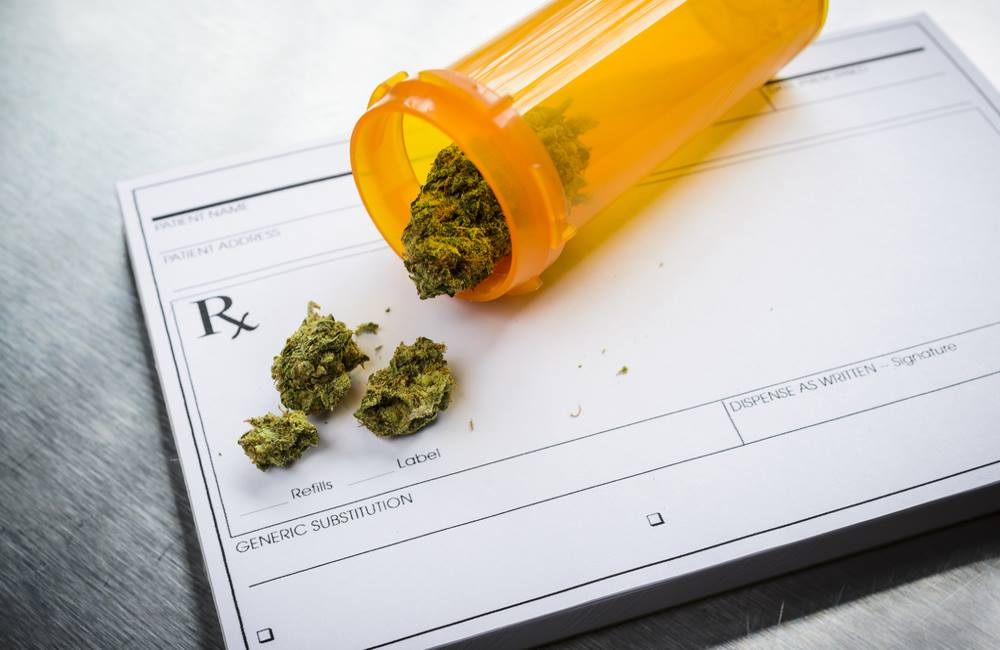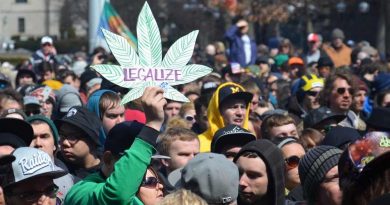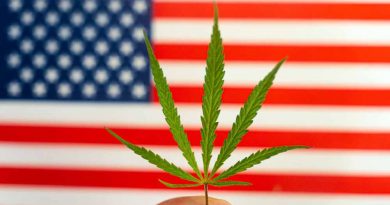What Does DEA Epidiolex Decision Mean For Future of Medical Marijuana?
The federal Drug Enforcement Administration (DEA) now finds itself in an extremely contradictory position.
Because of the recent DEA Epidiolex decision, the DEA now both officially lists marijuana as an illegal drug with no medical value while also approving a new epilepsy treatment that uses medical marijuana.
Contradictory DEA Epidiolex Decision
It’s not a contradiction that looks to be resolved anytime soon.
But the DEA Epidiolex decision to give doctors the green light for prescribing the drug does – perhaps – signal a change in the thinking on marijuana at the federal level.
Narrow Ruling
The DEA’s decision on Epidiolex is very narrow. The drug is an anti-seizure medication. The DEA approved it for use only for patients with two specific types of epilepsy: Lennox-Gastaut syndrome (LGS) and Dravet syndrome. The drug was created by GW Pharmaceuticals.
It uses cannabidiols (CBD), one of the chemicals that naturally occur in marijuana. CBD is non-psychoactive, meaning it does not give users the “high” feeling.
The federal Food and Drug Administration had given approval to Epidiolex in June. In September, the DEA reclassified Epidiolex from a Schedule I to a Schedule 5 drug, meaning it’s on the same level as drugs such as cough medicine.
Of course, the DEA continues to list marijuana as a Schedule I drug with no medical value and a high potential for abuse. It’s in the same category as heroin and cocaine.
Reasons For Optimism
To understand where things stand in this somewhat confusing scenario, it’s important to know the differences between public and political acceptance of medical and recreational marijuana. The distinction isn’t always made in media reports on cannabis.
Attitudes have certainly changed. A much-quoted survey from Gallup in 2017 found that 64% of Americans supported legalized marijuana, both recreational and medical.
However, more than 90 percent support medical marijuana. Even former opponents of marijuana, such as former House Speaker John Boehner, now support medical marijuana. What little President Donald Trump has said about marijuana has usually revolved around at least tentative support for medical cannabis.
The DEA decision led to optimism among medical marijuana company leaders. For example, medical marijuana company GW Sciences put out a press release following the ruling that said the decision had cleared the path for medical marijuana.
“The odds of successful commercialization of cannabis-based therapeutics have now been greatly increased, not only in the US but given the stature of the US FDA, across the globe,” the company stated.
Igor Grant, one of the leaders at the University of California-San Diego’s Center for Medicinal Cannabis Research, said much the same thing in an interview following the decision with the San Diego Union-Tribune.
On the medical marijuana issue, he said that CBD should be tested for a variety of medical uses. He went as far as to say he believes CBD will eventually be reclassified to a Schedule 5 drug.
He’s less certain about recreational marijuana. “I think that’s a political decision,” he said, adding that he doesn’t see any chance of changes being made in the next year or two.




